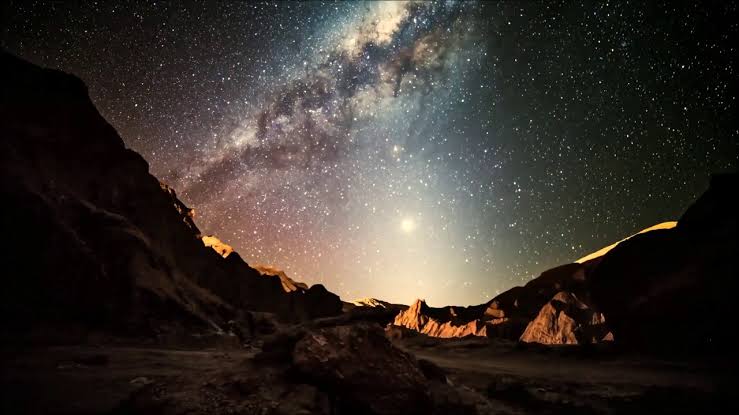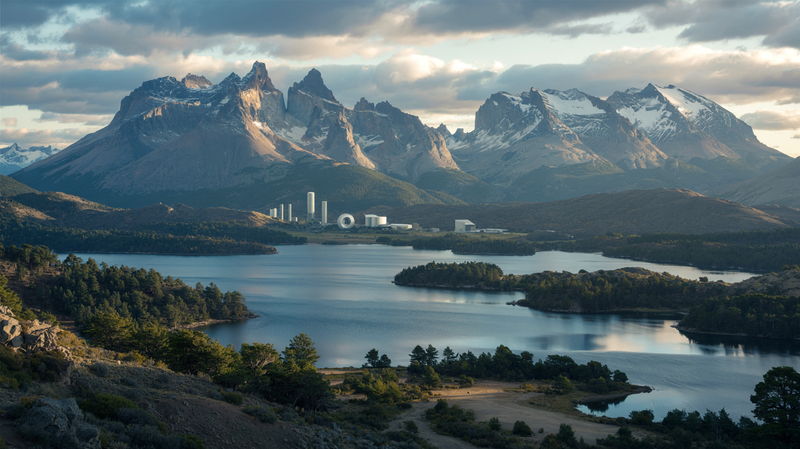Stellar Wonder: Why Chile is the Astronomer's Paradise
Chile, a sliver of a country stretching down the southwest coast of South America, is a land of diverse landscapes and climates. Its stunning natural beauty ranges from the vast Atacama Desert in the north to the magnificent glaciers of Patagonia in the south. Yet, what truly sets Chile apart

Chile, a sliver of a country stretching down the southwest coast of South America, is a land of diverse landscapes and climates. Its stunning natural beauty ranges from the vast Atacama Desert in the north to the magnificent glaciers of Patagonia in the south. Yet, what truly sets Chile apart is not merely what you see on the ground, but what can be observed above. When night falls, the country transforms into one of the world's best stargazing havens.
Chile's premier position in the world of astronomy is due to a confluence of several factors. Firstly, its geographic location gives it unique advantages. The Chilean Andes, one of the highest mountain ranges globally, serve as a natural barrier that shields the skies from light pollution and creates stable atmospheric conditions.
Secondly, the Atacama Desert, one of the driest places on Earth, offers some of the clearest skies. Its high altitude, low humidity, and near-zero light pollution provide almost uninterrupted views of the night sky, enabling astronomers and stargazers to explore the cosmos like nowhere else.
Chile is also home to some of the most advanced observatories on the planet. The European Southern Observatory (ESO) operates three world-class observatories in Chile: La Silla, Paranal, and the Atacama Large Millimeter/submillimeter Array (ALMA). These high-tech installations house some of the world's largest and most powerful telescopes, drawing researchers from around the globe to make groundbreaking astronomical discoveries.
Stargazing in Chile is not just for professionals; it is an experience that everyone can enjoy. Astronomy tourism has blossomed in recent years, with many companies offering guided tours that cater to both amateur stargazers and avid astrophotographers. The Elqui Valley, in particular, has been designated the world's first International Dark Sky Sanctuary, making it an ideal spot for anyone who wants to marvel at the Milky Way's magnificence.
In conclusion, whether you're an enthusiastic amateur gazing up in awe or a professional astronomer hunting for new celestial phenomena, Chile's pristine skies offer an unparalleled gateway to the cosmos. A trip to this astral paradise promises not just a journey across breathtaking landscapes, but also a voyage into the vast expanse of our universe.




